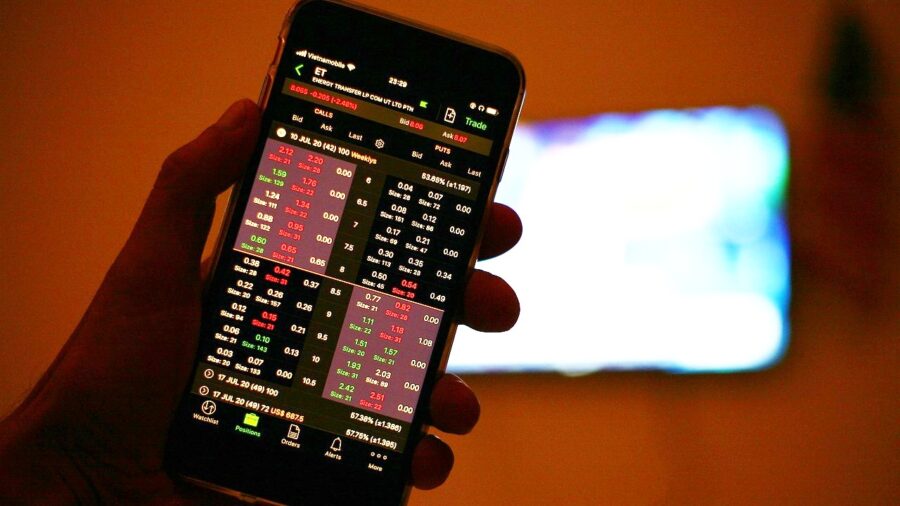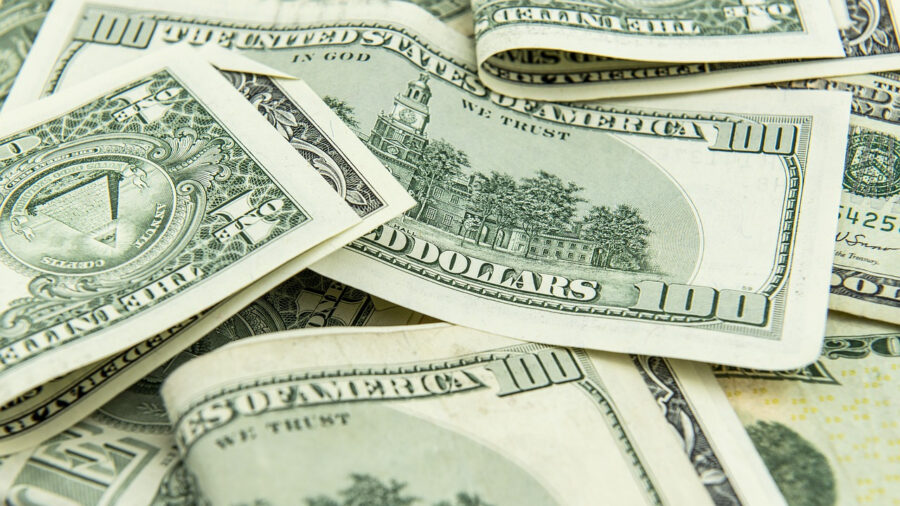AI Set To Cause Massive Financial Crash

As artificial intelligence (AI) becomes more commonly used, it is making inroads in the financial industry, where it is potentially possible that over-dependence on the technology will cause the next major financial crisis. Gary Gensler, chairman of the U.S. Securities and Exchange Commission (SEC), said in a recent interview with the Financial Times that measures must be taken to regulate the use of AI in the financial sector so that potential dangers may be circumvented. If this is not done, he says a financial crisis due to the use of AI may be almost impossible to avoid.
One major potential problem, according to Gensler, is that the development of AI models to be used in the financial sector is being undertaken by tech companies that are operating beyond the scope or authority of regulators on Wall Street.
“I do think we will in the future have a financial crisis… [and] in the after action reports people will say ‘Aha! There was either one data aggregator or one model… we’ve relied on.’ Maybe it’s in the mortgage market. Maybe it’s in some sector of the equity market.”
Gary Gensler, chairman of the U.S. Securities and Exchange Commission
A potential danger inherent in this situation is that finance companies could use the same models as one another and therefore end up making the same decisions as one another, which could lead to a market crisis as companies begin wildly skewing the markets in one direction or another. Gensler says he believes the crisis could happen in any given market and would be triggered by a flaw in a model or data aggregator that becomes too widely used and relied upon.

Some financial firms have been moving full speed ahead to incorporate AI into their corporate workflows. These include major companies like Goldman Sachs and Morgan Stanley, which are increasingly using AI to assist in the development of content for client meetings or as a means of researching reports.
Going one step further, JPMorgan Chase is looking to create AI software that will essentially function similarly to ChatGPT and will be used to assist clients in selecting their investments, essentially replacing certain of the company’s human employees.
AI Regulation Headed To Wall Street?
Under Gensler’s leadership, the SEC recommended a new rule that would hold advisors and broker-dealers accountable regarding conflicts of interest related to the use of AI technology. The new rule was proposed in July and is likely the beginning of further regulation of predictive data analytics and other similar technologies in the financial sector.
While regulators in the United States continue to weigh the possibility of the implementation of further rules, the European Parliament is currently in active development of what is being touted as the “world’s first comprehensive AI law.”
Of course, AI technology is developing quickly, as most new technologies tend to, while governments and bureaucratic structures have a propensity for moving slowly. This could very well mean that regulators and lawmakers in the near future will be unable to effectively keep pace with changes and advancements in both the technology and its application.
A potential danger inherent in this situation is that finance companies could use the same models as one another and therefore end up making the same decisions as one another, which could lead to a market crisis…
Unfortunately, according to Gensler, this may be just one factor in a potentially inevitable economic crisis resulting from the use of AI.
This makes the economy yet another potentially vulnerable system as the use of AI continues to spread. It will be imperative as the technology progresses to maintain boundaries for its use, similar to those recently arrived upon as a result of the WGA strike. If regulation is unable to adequately compensate for the potential risks of the use of AI, it will be incumbent upon financial companies to slow their adoption of the technology or risk the economic collapse foreseen by Gensler.










